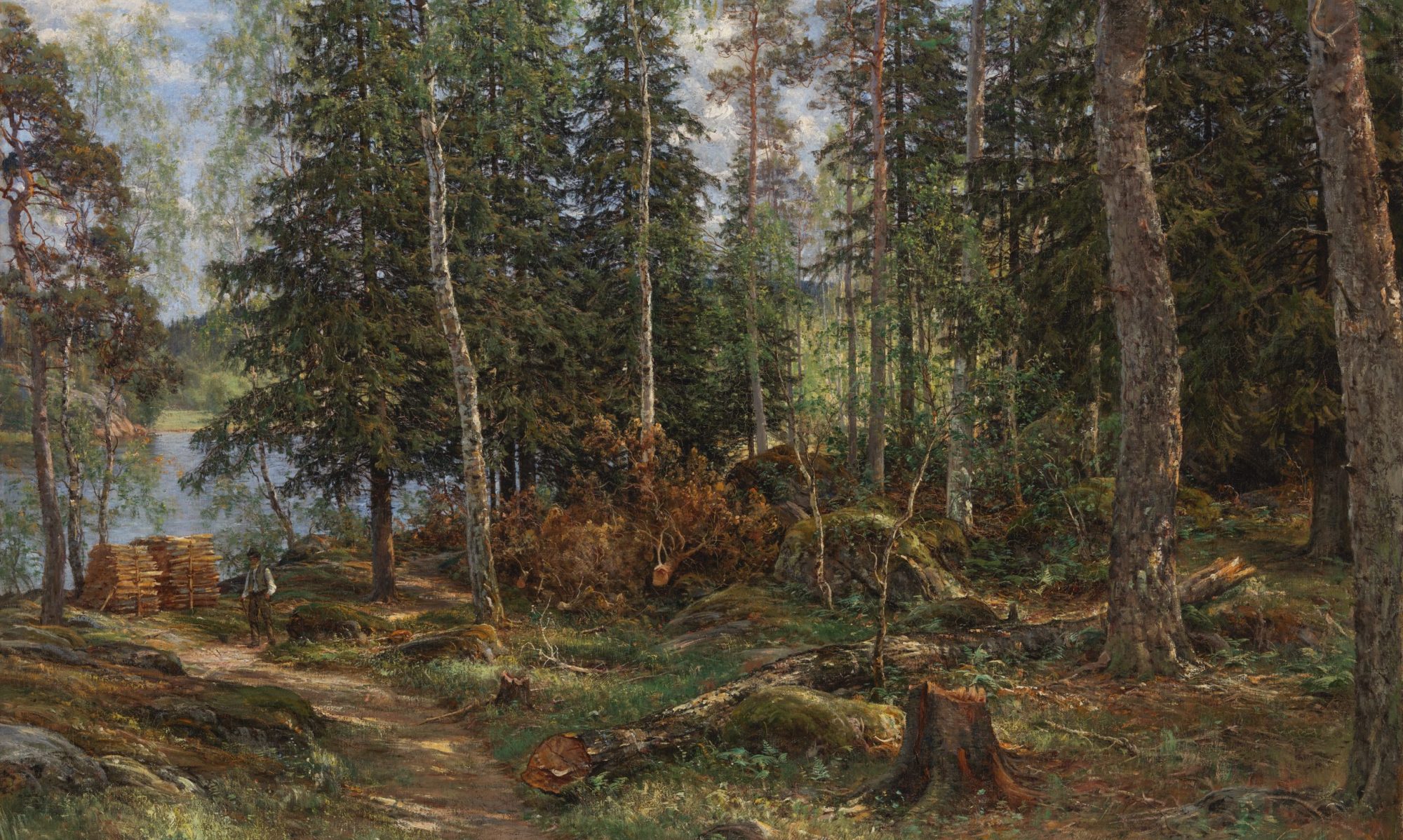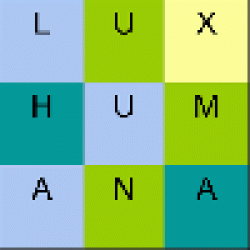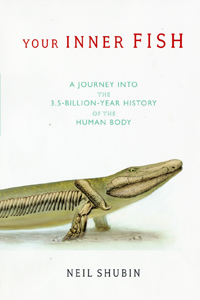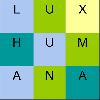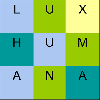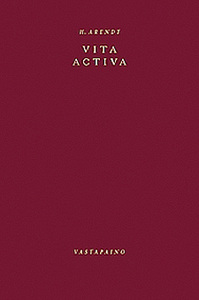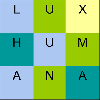Neil Shubin : Your inner fish : a journey into the 3.5-billion-year history of the human body ; (2008)
Publisher’s description:
Winner of the 2009 National Academy of Sciences Book Award
“Why do we look the way we do? What does the human hand have in common with the wing of a fly? Are breasts, sweat glands, and scales connected in some way? To better understand the inner workings of our bodies and to trace the origins of many of today’s most common diseases, we have to turn to unexpected sources: worms, flies, and even fish.
Neil Shubin, a leading paleontologist and professor of anatomy who discovered Tiktaalik—the “missing link” that made headlines around the world in April 2006—tells the story of evolution by tracing the organs of the human body back millions of years, long before the first creatures walked the earth. By examining fossils and DNA, Shubin shows us that our hands actually resemble fish fins, our head is organized like that of a long-extinct jawless fish, and major parts of our genome look and function like those of worms and bacteria.
Shubin makes us see ourselves and our world in a completely new light. Your Inner Fish is science writing at its finest—enlightening, accessible, and told with irresistible enthusiasm.”
Access in Helka-database:
https://helka.linneanet.fi/cgi-bin/Pwebrecon.cgi?BBID=2415477
Articles / Links:
Fish out of water
Adapted from Your Inner Fish by Neil Shubin © 2008.
University of Chicago Magazine, Jan/Feb ’08, Vol. 100, Issue 3
http://magazine.uchicago.edu/0812/features/fish_out_of_water.shtml
Is the fish really our ancestor?
Colin Mitchell
Journal of Creation 23(1) : 29–32, April 2009
http://creation.com/review-neil-shubin-your-inner-fish
So who are you calling fish-face?
Robin McKie
The Observer 10.2.2008
http://www.guardian.co.uk/books/2008/feb/10/shopping.scienceandnature
Fishing into our Past
Robert King
Evolutionary Psychology, 2008. 6(2): 365-368
http://www.epjournal.net/wp-content/uploads/ep06365368.pdf
Inside Your Inner Fish
Caitlin A. Contag and Christopher H. Contag
Disease Models & Mechanisms, vol. 3, no. 1-2, 20-21
http://dx.doi.org/10.1242/dmm.004200
Darwin Day Book Review: Your Inner Fish, By Neil Shubin
Michael White
Science2.0 , 10.2.2008
http://www.science20.com/adaptive_complexity/darwin_day_book_review_your_inner_fish_neil_shubin
Variations on a Theme
Michael A. Bell
American Scientist, May-June 2008, Volume 96, Number 3, Page: 257
http://www.americanscientist.org/bookshelf/pub/variations-on-a-theme
Twenty-first-century anatomy lesson
Carl Zimmer
Nature 451, 245 (17 January 2008)
http://dx.doi.org/10.1038/451245a
Evolutionary jerry-rigging
Jennifer Dales
CMAJ February 17, 2009 vol. 180 no. 4
http://dx.doi.org/10.1503/cmaj.081994
Your Inner Fish: A Journey into the 3.5-Billion-Year History of the Human Body
James Scott Berdahl
Scope 22.4.2010
http://scopeweb.mit.edu/?p=760
Your Inner Fish ; [Book Review]
E. J. Wood
Bioscience Education eJournal, Volume 11: June 2008
http://www.heacademy.ac.uk/assets/documents/subjects/bioscience/bioscience-education-11-r3.pdf
Your inner fish ; [Book Review]
Jennifer A. Clack
J Clin Invest. 2008 July 1; 118(7): 2370.
http://www.ncbi.nlm.nih.gov/pmc/articles/PMC2439464/
Neil Shubin Home Page. The University of Chicago.
http://pondside.uchicago.edu/oba/faculty/shubin_n.html
The “Great” Transition
Neil Shubin
Edge.org 5.7.2006
http://edge.org/conversation/the-quotgreat-quot-transition
Year of Darwin – [Lecture]
Neil Shubin, Ph.D.
14.10.2008
https://www.youtube.com/watch?v=2qTarQaUlqM
Your Inner Fish with Neil Shubin (Conversations with History)
University of California Television 5.11.2009
http://www.uctv.tv/shows/Your-Inner-Fish-with-Neil-Shubin-Conversations-with-History-16412
Recognizing Your Inner Fish
NPR 9.2.2008
http://www.npr.org/2008/02/09/18847862/recognizing-your-inner-fish
Lux Humana on lääketieteen opiskelijoille ja terveydenhuollon ammattilaisille suunnattu humanistinen kirjakokoelma Terkossa. Siellä voit tavata ylioppilas Raskolnikovin, Sinuhe egyptiläisen ja Nalle Puhin ; voit tutustua Tsehovin, Kafkan tai Kierkegaardin maailmoihin ; voit perehtyä lääketieteen filosofiaan, sosiologiaan tai historiaan. Lähes 3000 kokoelmaan tarkoin valittua teosta odottaa sinua, joka haluat avartaa näkemystäsi ihmiselon eri puolista.
Tervetuloa tutustumaan kokoelmaamme virtuaalisesti http://www.terkko.helsinki.fi/lux-humana/
tai paikan päällä Terkossa (Haartmaninkatu 4).
*****
©Koonnut: Lassi Pohjanpää, Helsingin yliopiston kirjasto, Meilahden kampuskirjasto Terkko
